COTA Veterinary Offers A Full-Service Veterinary Clinic
At COTA Veterinary, we believe your pet is a part of your and our family. That is why we have made it our mission to provide comprehensive and compassionate veterinary care in your and your furriest family's best interests. If you are in the Richmond area and looking for a caring veterinary team to help ensure your pet remains in good health, we are your pets' new vet, located across from Short Pump Town Center, and ready to help.
